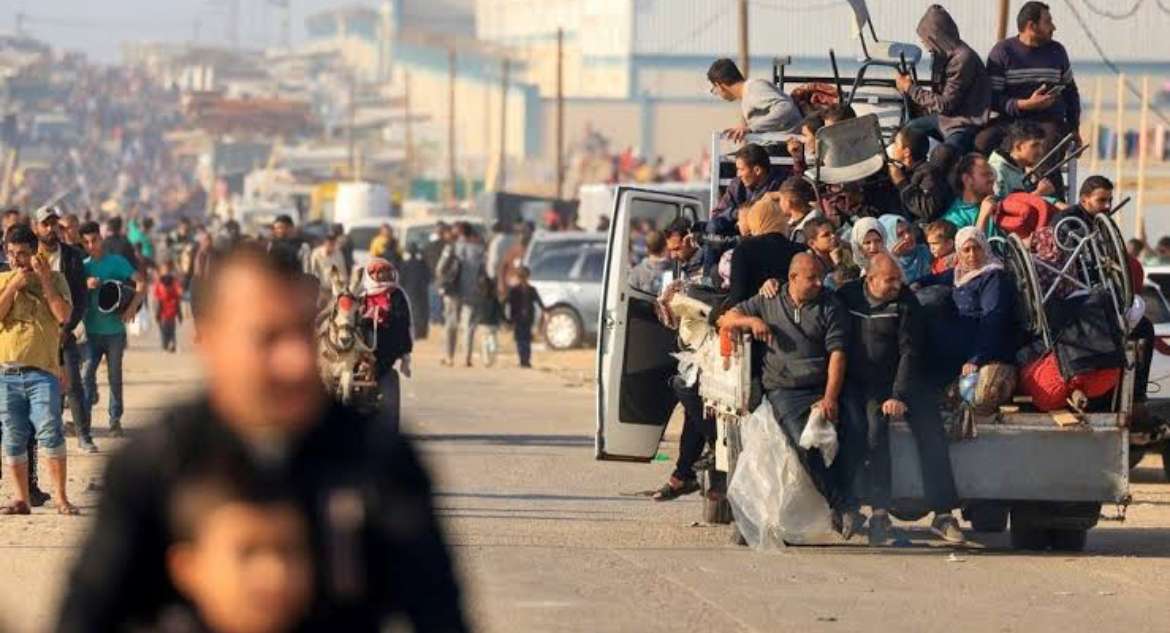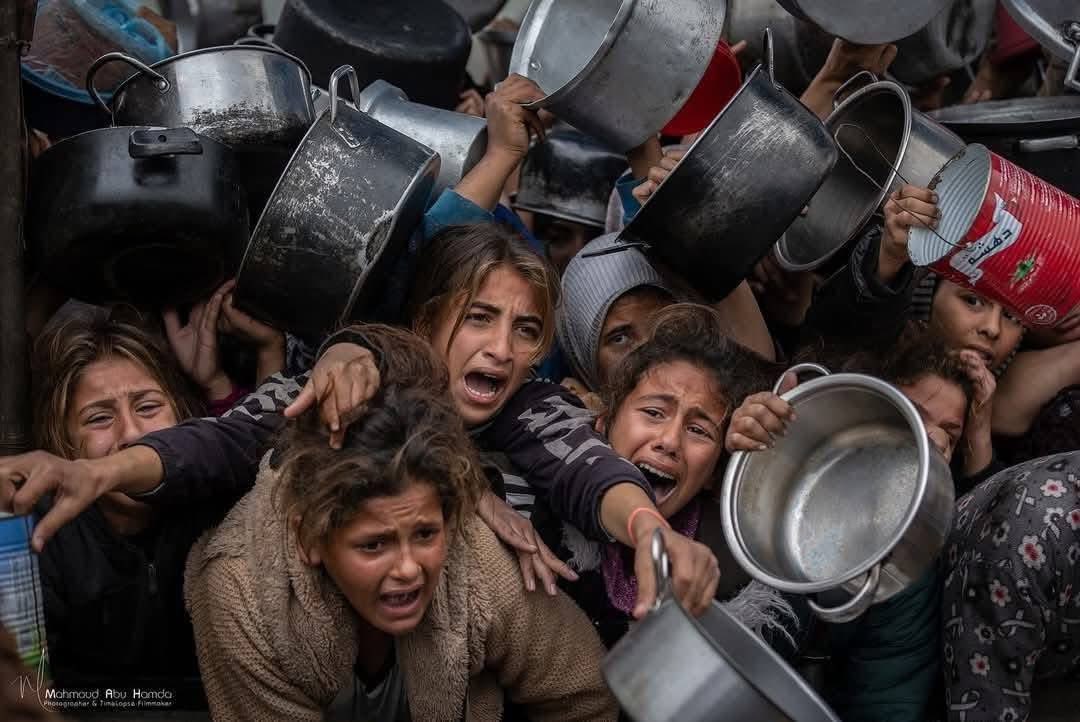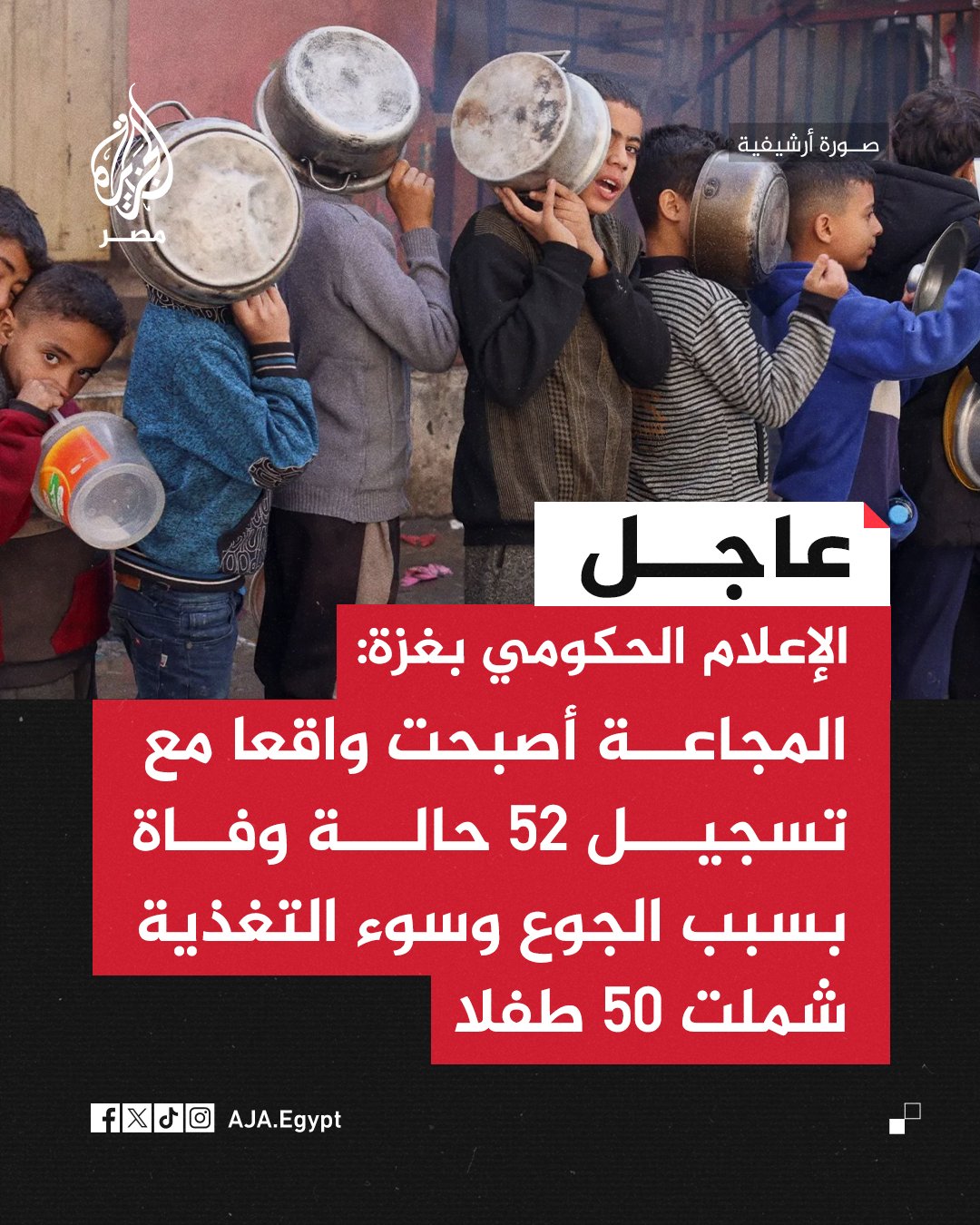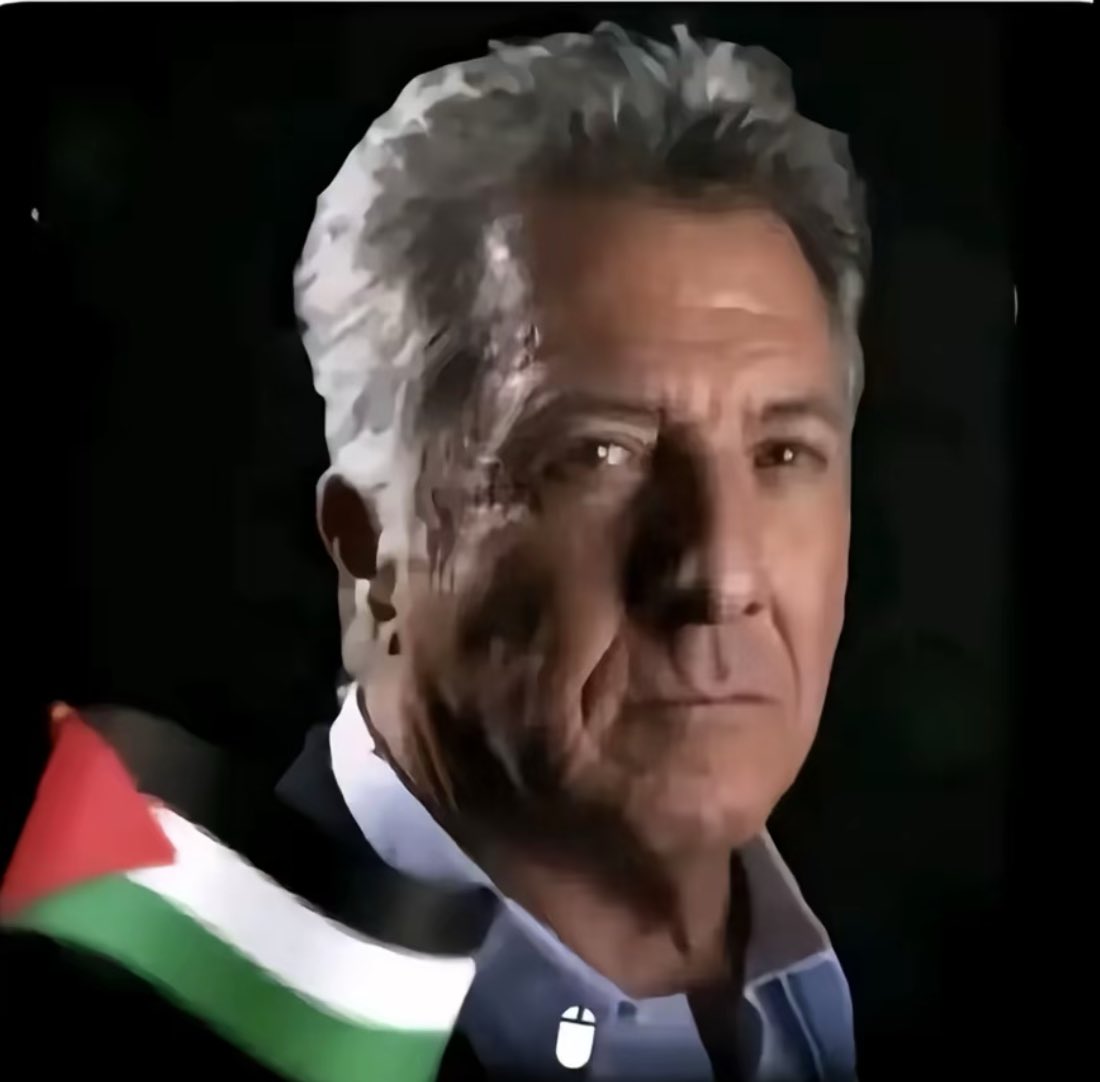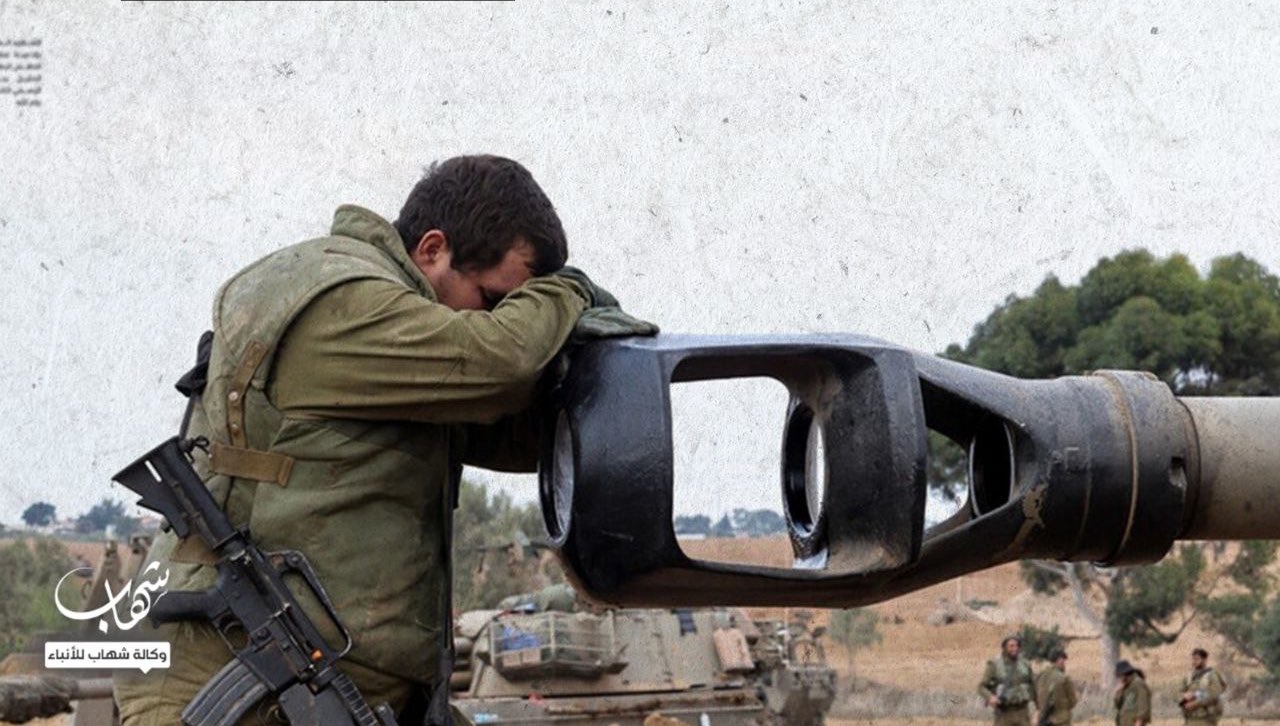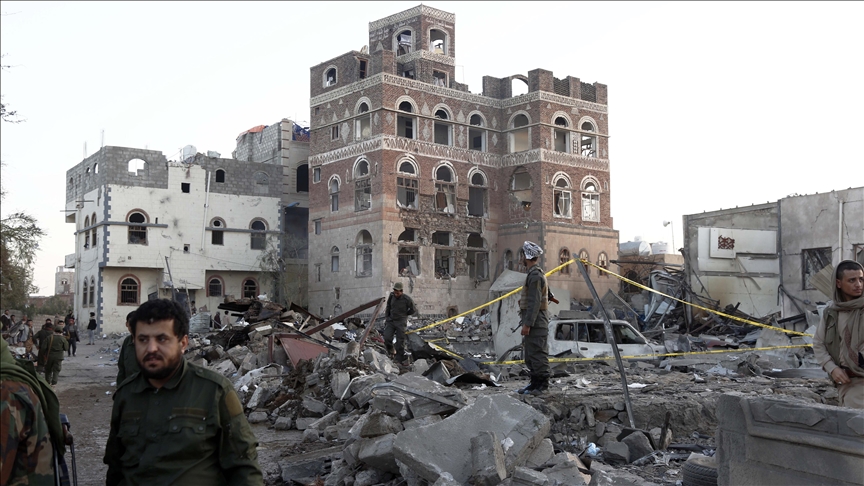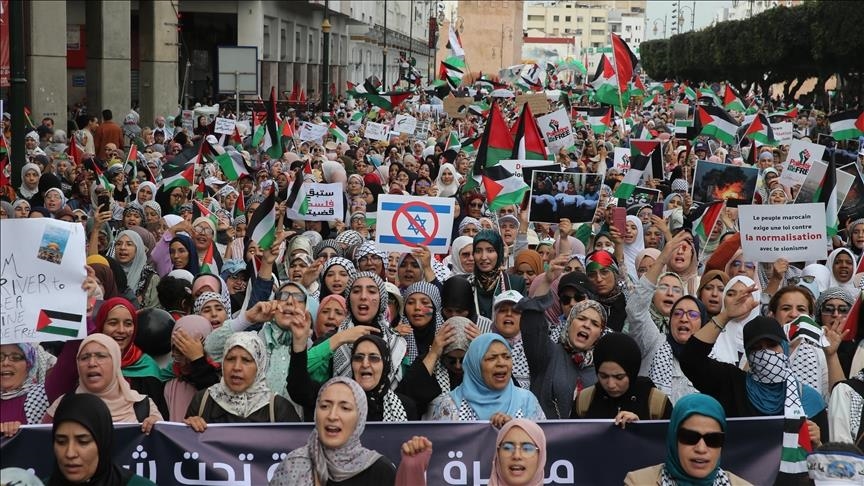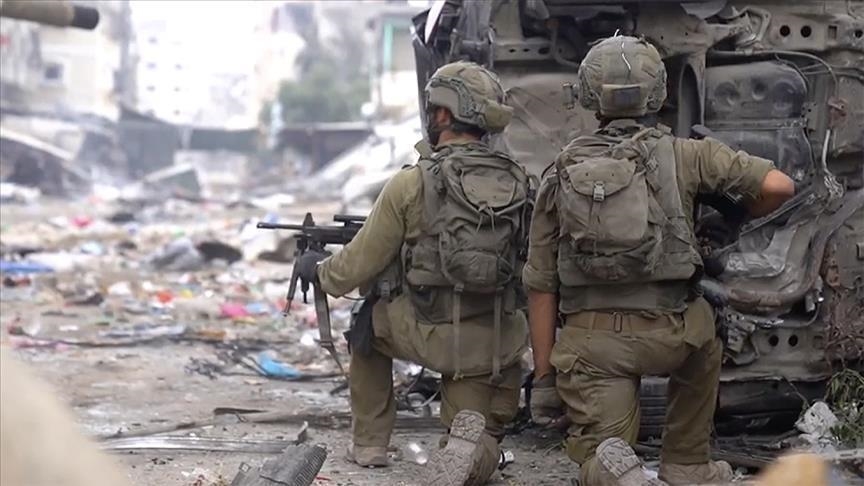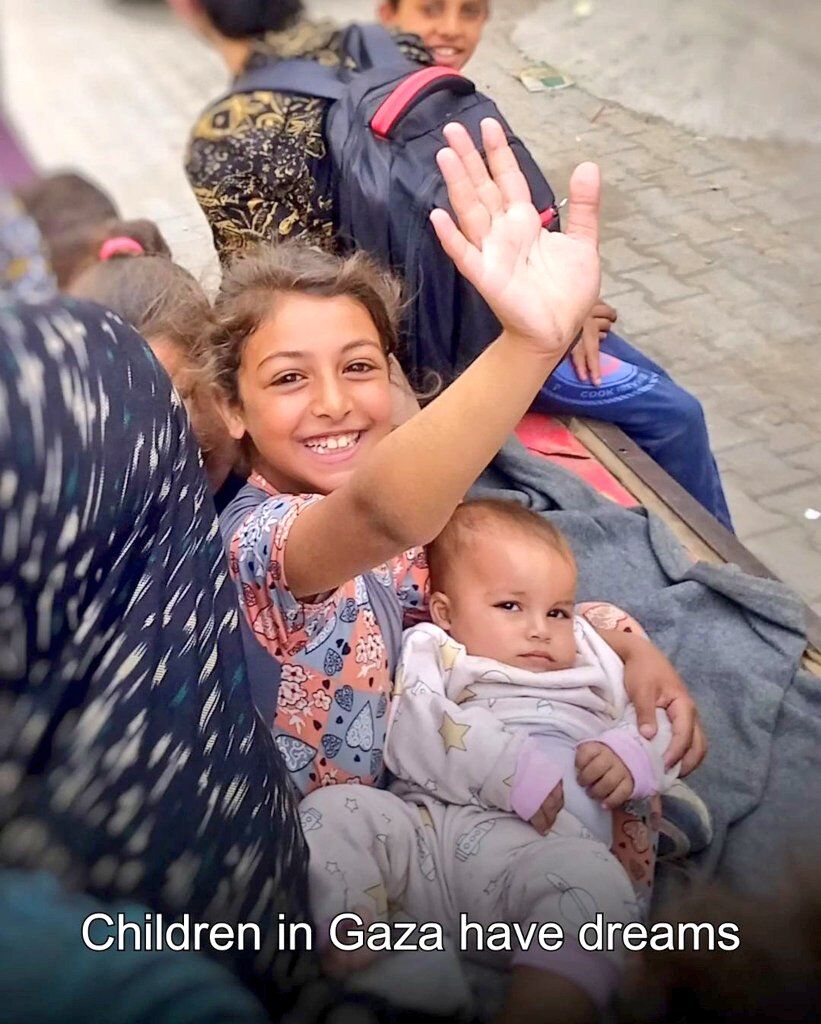
By Sama Abu Sharar
It took me about eight months to sit and write about Gaza. Like most people, I went through a wide range of emotions that ranged from severe depression to severe helplessness, accompanied by crying from pain I have never felt and disappointment from a “free” and “unfree” world.
Emotionally, I am no longer myself. As much as Gaza has hurt me, it changed me to the core.
Most of the concepts and beliefs we were raised on, studied, or dictated to us went down the drain and with them, fell my faith in all the outdated universal laws that claim to protect human dignity and rights.
Gaza taught me to trust nothing. Nothing at all. Human beings are not equal in international covenants. There is the law of the “white man” opposed to the rest of humanity. The law of the “strongest” and the law of the “weakest”. In all cases, Gaza remained on the margins of humanity, equating the victim with the executioner in all of its ugliness.
***
My days since 7 October have become meaningless details. Gaza literally haunts me. I sleep, if I can sleep, on Gaza, and I wake up on Gaza. I can’t remember how many times I woke up from a fitful sleep to quickly grab my mobile phone to see if the weather was stormy or rainy there in Gaza?
Scenes of displaced people trying to fix their fragile tents or drain the water – the desired and unwanted visitor – flooding the tents and their inhabitants, and the shivering of young and old from the cold and the world’s failure to them, lie before me.
I wait impatiently for winter, but this winter has come bitterly. My prayers were for a kind winter, kinder on our people in Gaza; and a gentle summer, gentler than the harsh reality, unfathomable for the human mind to comprehend.
Even the weather conspired against the people of Gaza. The tents are unbearable, the raging heat, accompanied by all the creepy crawlers of the earth and the flying creatures, making life a continuing nightmare.
No, there is no room for things we once took for granted. All have become luxuries for the people of the tiny Strip in size, immense in its spirit, sacrifices and people.
***
I was witness to many of the tragedies of the great Palestinian people, on both the personal and public levels. Nothing is similar to what happened and is still happening in Gaza, which exposed everyone and primarily the Palestinian himself. This new Nakba (catastrophe), the details of which we live every day has revealed the extent of our fragility in face of this historic event.
The fragility is evident on all levels, from our worn-out Palestinian political scene, to our crisis-ridden institutions to our weak official media scene drowning in political divisions unable to present the Palestinian narrative, unfit to us as a people and to our great and just cause and our right of resistance until the liberation of Palestine. A narrative also unfit to the Arab and western public in search of a genuine Palestinian narrative, which will not hurt if it were a unified one.
Politically, the scene became more worn out than it was before 7 October. The major event did not unite us or solidify our position but increased our fragmentation, dispersion and division. With some exceptions by some individual Palestinian efforts who presented a solid narrative, the vast majority stood in contrast despite the enormous amount of sacrifice the people of Gaza made and continue to make.
“Protecting Palestinian national unity inside and outside the occupied homeland is one of our main weapons with which we fight our enemies and a condition for our victory,” once wrote the late Palestinian martyr and revolutionary Majed Abu Sharar.
Where are we from this unity? How do we face the consequences of what is happening or invest in the unprecedented international awareness and mobilization to support our cause?
How many of us have remained silent at the beginning “because this is not the time for criticism,” as the battle is big and ongoing and the enemy is one or so we thought! But apparently the enemy was never one for many, as factional alignments are more important than the momentous event and supreme cause.
We would be lying to ourselves if we would say that the genocide in Gaza united us; the opposite is true.
Many mouthpieces, some of whom we have never heard and some we know too well, delivered statements that could have only come from an enemy, and in a chilling harmony with the Zionist viewpoint and that of global imperialism, instead of defending the Palestinian right to resist based on international laws.
Our political discourse has become a mirror image of our troubled reality. I am one of many Palestinians who did not find herself during this ongoing genocide and long before in any of the official Palestinian narrative and Arab discourse.
***
The tragedy continues and human interaction with it is enormous. But the official Palestinian institutions were generally absent from what was happening on the ground despite the great need to unify efforts and address its enormity as dictated by the ongoing war of extermination.
My life, like the lives of many others, has become centered around possible ways to extend a helping hand to our people in Gaza, but all these efforts remain individual and unorganized despite the good intentions, thus cannot meet the huge needs in Gaza. One of the reasons for the institutional absence in these exceptional circumstances is the division and vacancy of a unified vision for an urgent relief plan.
The 1948 Nakba and the 1967 Naksa and all the massacres and pivotal events in the history of our long conflict with the enemy don’t seem to have taught us anything. The genocide in Gaza has clearly demonstrated this.
The unprecedented international mobilization and parallel awareness is heart warming! Who amongst us, and I mean Palestinians and Arabs, who still consider Palestine “as their cause”, ever dreamt of a similar scene to what we have witnessed in the last 10 months?
Awareness amongst young people in the West is equal to, if it does not precede that of many young Arabs and even Palestinians towards the Palestinian cause. And what young people in Europe and America are declaring in terms of adopting firm positions, many of our own hesitate even to think about. “Palestine from the river to the sea”, “Terminating the existence of Israel”, “Zionism equals Nazism”, “Israel is a criminal entity”… and others have become beliefs rather than slogans for many in the West, especially the youth.
https://twitter.com/faizelpet1/status/1816888931079569744
***
Palestine is no longer the cause of the Palestinians and some Arabs. It has become an international, humanitarian cause adopted by hundreds of millions of people, and if that indicates anything, it shows how Gaza and its people were able to achieve what we have failed to achieve for many years.
Yes, and despite the pain and the catastrophic scenes, Gazans came to teach us lessons in pride, dignity, faith, adherence to the truth, and steadfastness. I often wonder how the people of Gaza are able to do this while living the impossible over the last 10 months?
I have not left out a single curse that I did not use in this painful genocide, maybe as an expression of anger and resentment towards this world or maybe as a form of venting. But not once have I heard a Gazan utter a curse.
All we have heard were terms ranging from “Thank God,” “God is sufficient for me, “God is the best Disposer of affairs”, “May God take revenge on you, Netanyahu,” and other “polite” utterings in light of the abominable reality to which Gazans have been exposed to.
How many times have I wished to stop the rhythm of this world for the sake of Gaza, to stop this madness, how many times have I wanted to scream with all my heart in the hope that someone would hear me and stop a pain I have never imagined I could bear a portion of.
***
My private conversations with some friends and relatives in Gaza were not much different from what we all see and hear on television and all the available means of communication. Their responses when we dare to ask them about their well-being range from “thank God,” “may God end this war,” “we miss returning to our homes and lives,” and the most extreme is “we are tired, we are exhausted.”
I honestly don’t recall a single time when someone uttered a word that crossed the boundaries of known politeness.
I sometimes wonder when someone from Gaza contacts me to check on me or even congratulate me on Eid – two Eids (El Fiter and Al Adha) have passed by under indescribable circumstances for the people of Gaza – I wonder where they get the ability to continue?
Over the past months, I have built friendships with many acquaintances where our communication previously did not go beyond a comment here or a like there, on social media.
They might have needed an outside source of reassurance to ensure their presence in our existence, or perhaps any piece of news of a potential ceasefire for the ongoing madness or a glimmer of hope that this nightmare would end.
My relationship with existing friends in Gaza were strengthened further. They allowed me into the details of their lives amidst the endless killing, displacement, exhaustion, anxiety and other complex human feelings.
My heart skips a beat every time I hear of a bombing close to their displacement places, until I hear from them to know they are well, until the next time comes. Sometimes, I hesitate to ask about their being, as they are definitely not well, despite everything they say to reassure us and/or not to burden us with the impossible life they are living.
***
I don’t know the limit of pain a person can bear. What I do know is that amidst the ongoing genocide, we never once believed we could bear this unbelievable pain. The anxiety never leaves us, the helplessness that resides in us, the unparalleled disappointment… and the images that besiege us with their mythical cruelty.
How many times I wished to stop the rhythm of this world for the sake of Gaza, to stop this madness, how many times have I wanted to scream with all my heart so that someone would hear and stop a pain that I never imagined I could even bear a portion of.
Yet hope remains that the nightmare will end. Hope from which we derive our ability to continue for the sake of Gaza and its people, for the sake of Palestine.
The journey of recovery will be long, actually very long, and what awaits us may be more difficult than what we’ve already experienced. My hope remains in our ability to translate the pain into actions, so that the journey of freedom and liberation continues towards a homeland that we still dream of.
Samaa Abu Sharar is a Palestinian journalist and researcher living in Beirut. Her article on Gaza was translated from the 180post.com Arabic website.

